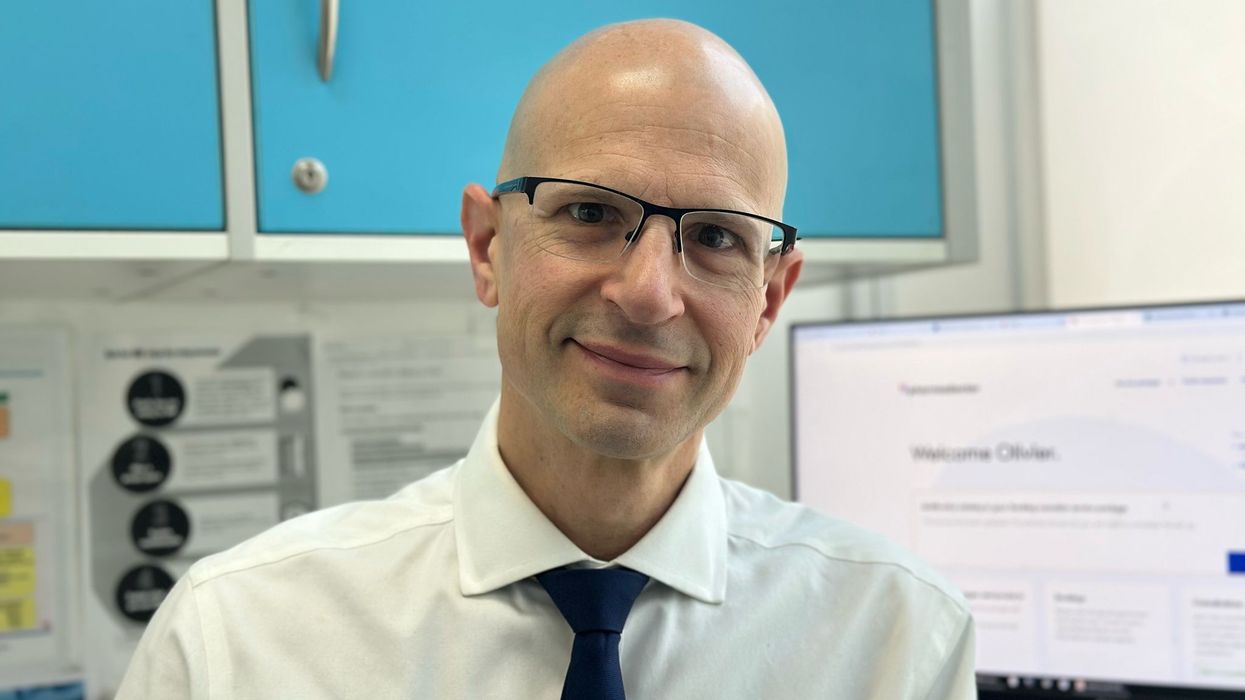All pharmacy owners, pharmacists and technicians are expected to be aware of and use all relevant standards, both regulatory and professional, to support them in their work.
The joint statement published by on Wednesday (June 15) by the Royal Pharmaceutical Society and General Pharmaceutical Council (GPhC) explains the difference between regulatory and professional standards and how they work together to provide a framework for professional practice and patient care.
It states: “All standards set by the GPhC work to improve the quality and safety of services provided to patients and the public. Regulatory standards must be met by all pharmacy professionals and owners of registered pharmacies, otherwise their registration may be at risk.
“Following professional and regulatory standards will help pharmacists, pharmacy technicians and pharmacy owners deliver patient-centred care and good quality outcomes and ensure that members of the public receive safe and effective care.”
The statement also highlighted that while professional standards and guidance are not mandatory, they are developed and owned by the profession and set out what constitutes ‘good’ in terms of practice, systems of care, and working practices.
“Pharmacy professionals following professional standards and guidance set by the RPS should have confidence these help to meet the overarching regulatory standards set by the GPhC,” the two bodies said.
RPS chief executive Paul Bennett commented: “As the professional leadership body for pharmacists, we support our members by providing professional guidance in all areas of practice that challenge and empower them to achieve excellence. Both regulatory and professional standards have the same overarching purpose, to ensure high quality patient care.”
Chief executive of the GPhC Duncan Rudkin added: “As the regulator, we expect all pharmacists, pharmacy technicians and pharmacy owners to be aware of and use all relevant standards, both regulatory and professional, to support them in their work. This helps make sure that patients and the public receive safe and effective care.”











